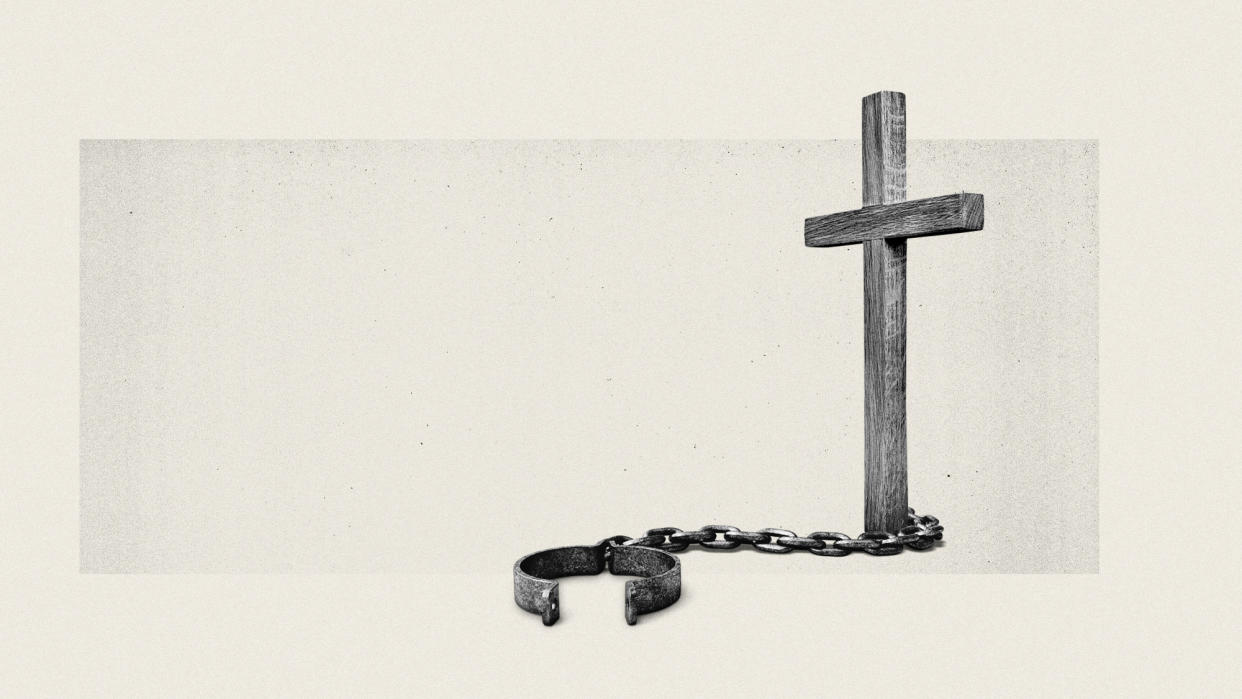Church of England and the slavery reparations row

The Church of England is appealing for other organisations to help it establish a £1 billion fund to address its former connections to slavery.
A £100 million sum was initially pledged by the Church to tackle the issue, but following a review by an independent oversight group, it was viewed as "insufficient", The Guardian reported. Instead, it has been suggested a far greater sum is necessary to properly "reflect the scale of moral sin".
But instead of increasing its investment, the Church hopes to "attract co-investors to increase the fund's value" to "invest globally in black-led businesses".
The original commitment to reparations, supported by the Archbishop of Canterbury, Justin Welby, was made following findings that a "significant chunk" of the Church's £10.3 billion wealth could be traced back to profits made from slavery, said The Times.
'It's not a lot'
Rosemarie Mallett, the Bishop of Croydon, led the review into the church's original fund. Speaking to The Guardian, she said £100 million is "a heck of a lot of money", but "that it is not a lot when you consider the harm done". Mallett accused other UK organisations of "hiding under their petticoats" to avoid "difficult conversations around the word reparations", and the actions they should also take.
A call for reparations is intrinsically linked to faith, said Stephen Cottrell, Archbishop of York, in The Sunday Times. Acknowledging the past "binds up the wounds of those who are hurting" and demonstrates the Church is "serious about justice and serious about the gospel of Jesus Christ".
"What value can be put on a human life?" asked Mike Royal in Premier Christianity last year. Ultimately, £100 million appears to be a "drop in the ocean" to address the horrors of slavery, but "it does attempt to direct compensation in the right direction".
A 'trinity of Diversity, Equity and Inclusion'
But Niall Gooch on UnHerd said it was an "un-Christian" move. When it comes to reparations, "there is a distinct whiff of the Church leaping on board a passing secular bandwagon in the search for relevance and respectability". Christians "ought to be in the business of promoting racial harmony", said Gooch, "not crank theories about how all the problems of society are the fault of a certain group".
Instead of fault, "the Church of England stands close to the top of the heroes' table" when it comes to addressing the horrors of the slave trade, said Daniel Hannan in The Telegraph. William Wilberforce, widely viewed as the main driving force in Britain for the abolition of the "foul business", discussed being motivated by his Anglican faith.
Reparations only show the traditional doctrine of the Church is being abandoned in favour of the "newer trinity of Diversity, Equity and Inclusion".

